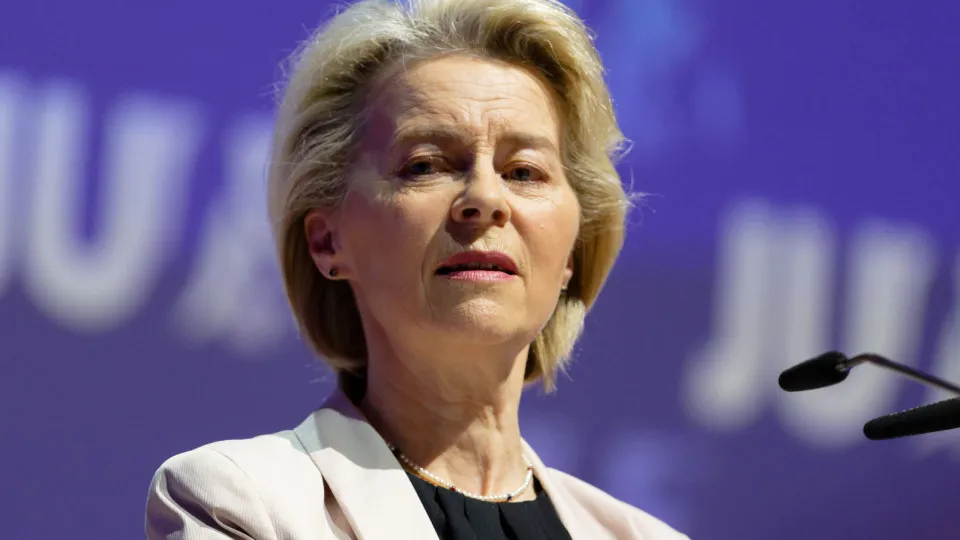
“Four months after the Commission presented the Multiannual Financial Framework [MFF] 2028-2034 proposal, we’ve heard the opinions of all sides—especially concerning the role of regions and the need to maintain continuity in regional investments, concerns about the future of the Common Agricultural Policy [CAP], and the need for strengthened governance involving the European Parliament and the Council,” said Ursula von der Leyen.
In a letter addressed to European Parliament President Roberta Metsola and Danish Prime Minister Mette Frederiksen, who currently holds the Council presidency, the European Commission leader acknowledged that “a regional check can be introduced to fully ensure the involvement of regional authorities in the preparation, implementation, and assessment of [national and regional partnership] plans, as well as a clear right for these authorities to directly engage with the Commission.”
Amid pressure from parliamentarians, who must approve the MFF 2028-2034 proposal, Ursula von der Leyen emphasized that this involvement of regional authorities will also “preserve the well-established role of the regions in implementing the CAP.”
After several concerns about potential CAP cuts, including from Portugal, the European Commission President pointed out that this aspect will be safeguarded through “certain provisions” included in the plans to “ensure policy coherence.”
Regarding criticisms of the European Parliament’s lack of involvement, she highlighted that a verification mechanism will be in place “to inform the definition of political priorities,” through which the institution’s role “should be reinforced.”
“With the proposed changes […], the Commission is ready to support the European Parliament and the Council in the process leading to the adoption of the MFF,” appealed Ursula von der Leyen.
The concessions emerge just days before the European Parliament is set to discuss the next long-term EU budget in a mini-plenary session in Brussels on Wednesday.
They also follow announcements from the center-right, socialist, liberal, and green parliamentary groups, which form the pro-European majority in the European Parliament, stating they would reject the European Commission’s proposal for the EU budget, based on national plans, and demand a revision.
In a letter sent two weeks ago to Ursula von der Leyen, obtained by Lusa, the groups of the European People’s Party, the Socialists and Democrats, the liberal Renew Europe, and the Greens stressed that “they cannot accept this proposal as a basis to start negotiations.”
In response to criticism from the European assembly, which must approve the new budget by majority, Brussels now admits that it can involve the institution more in the next MFF 2028-2034, that regions may be heard on national plans, and that the CAP can be altered without changing values.
Last July, the European Commission proposed a new long-term EU budget for 2028-2034, amounting to two trillion euros, surpassing the 1.2 trillion of the current framework, including more national contributions and three new taxes.
The European Commission proposed that Portugal receives 33.5 billion euros in the new budget, including for cohesion and agriculture, within the framework of the national and regional partnership plan under the new EU budget until 2034.
This amount fits within the 865 billion euros proposed by the European Commission for investments and reforms across the 27 EU member states, under the new 27 national and regional partnership plans with disbursements based on objectives.




